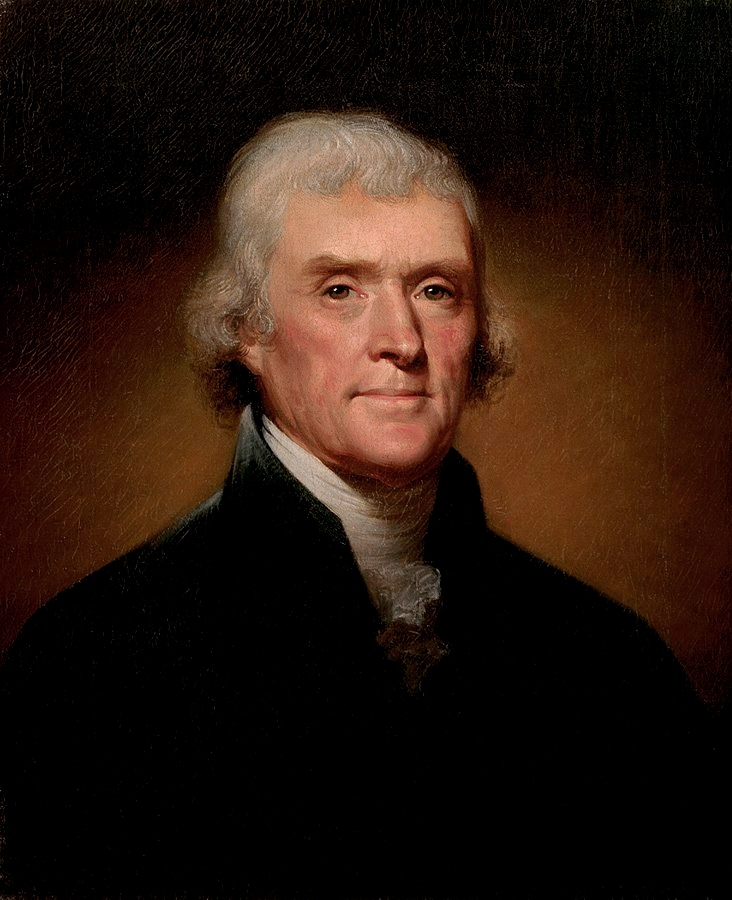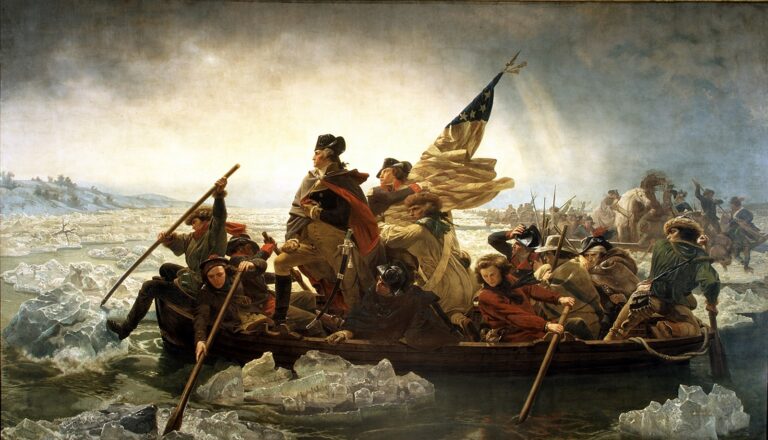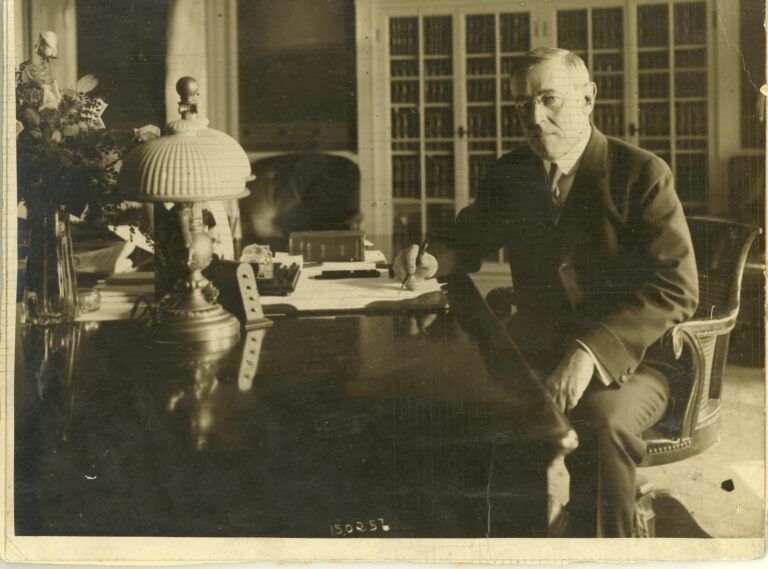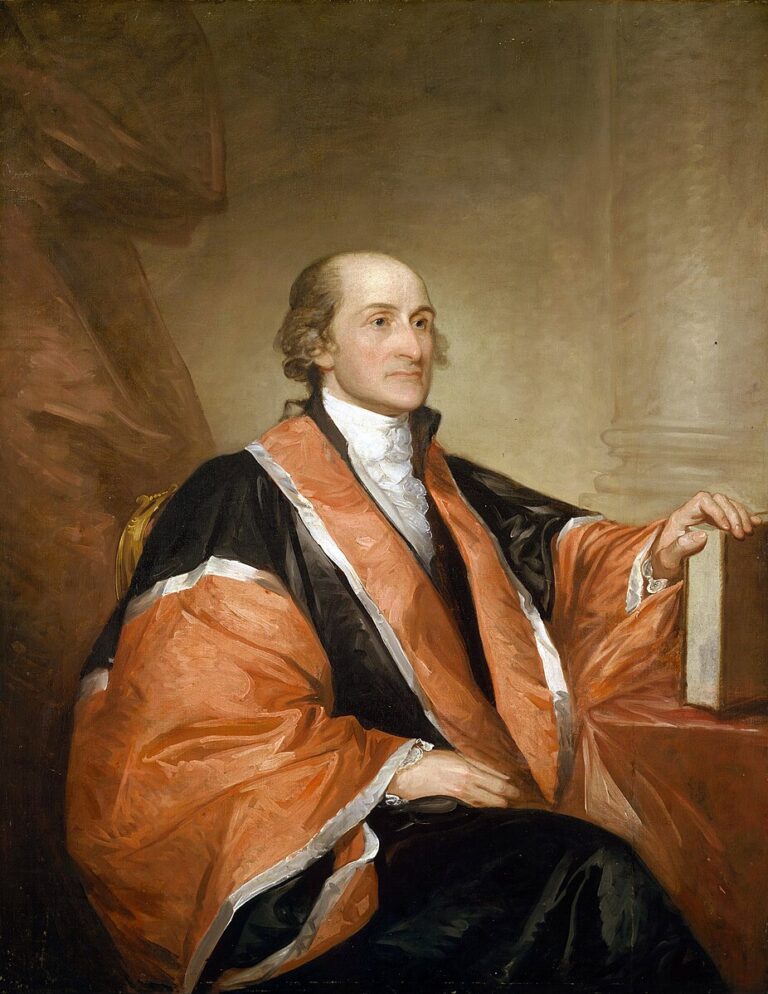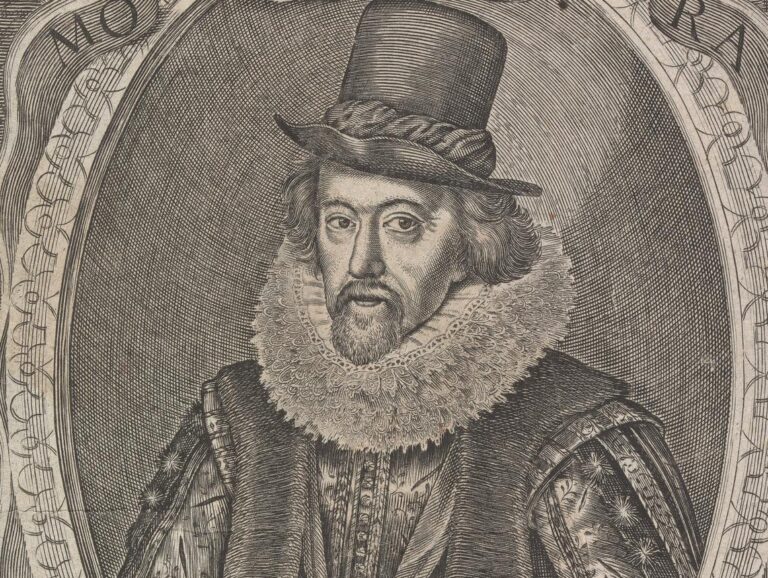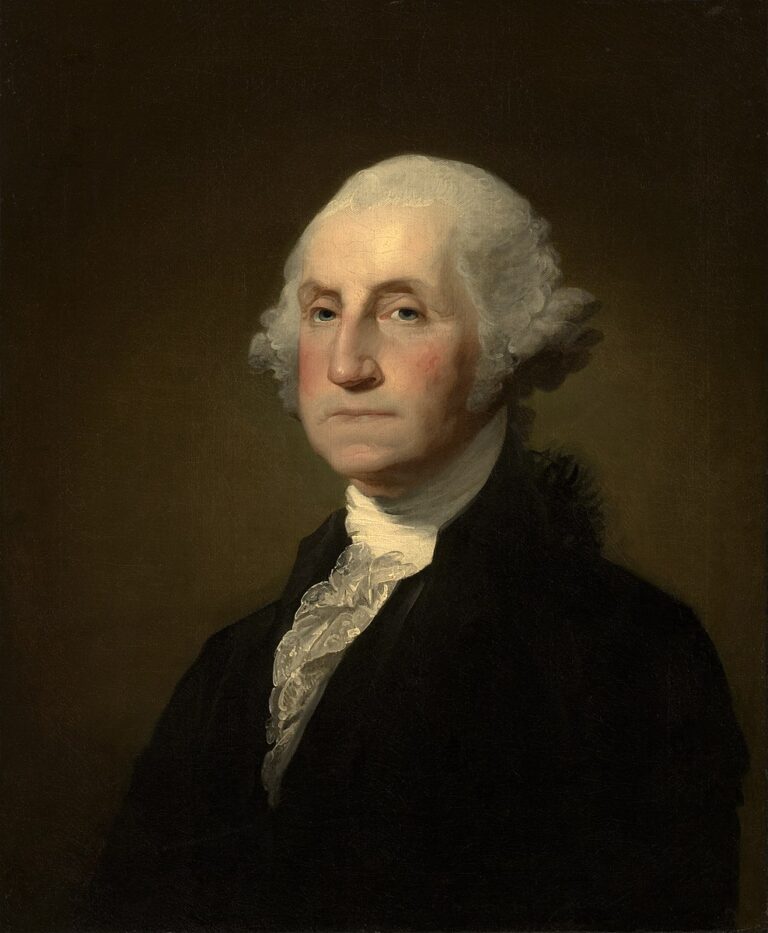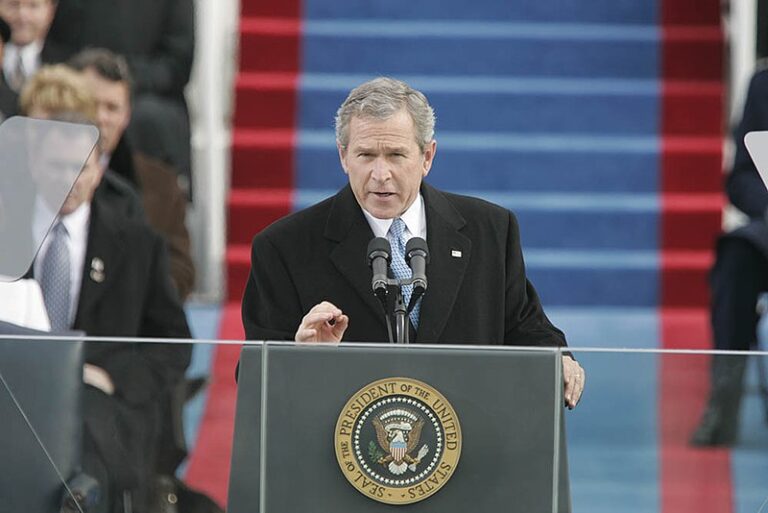Ballots or Bullets
Ballots or bullets: these are the two primary ways that political power has been established or changed hands for centuries.
The Founders well knew from history that bullets—or the use of force—typically resolve the all too common disputes over who gets to rule. Alexander Hamilton famously argued in Federalist No. 1, however, that America could be different:
It has been frequently remarked that it seems to have been reserved to the people of this country, by their conduct and example, to decide the important question, whether societies of men are really capable or not of establishing good government from reflection and choice, or whether they are forever destined to depend for their political constitutions on accident and force.
Most of us know that our Constitution was ultimately established by ballots—reflection and choice—and not bullets—accident and force. But on the eve of the 1800 election, a question remained: would ballots continue to determine who gets to rule in America?
The stakes for the young republic could not have been higher. Bitter partisan divisions between Washington’s Federalist Party and Jefferson’s Democratic-Republican Party embroiled the Nation. If ballots put an end to the Federalists’ reign over national politics, would they relinquish power to the Democratic-Republicans peacefully?
In a lecture for “Introduction to the Constitution,” Dr. Larry P. Arnn explains the significance of Jefferson’s victory in the 1800 election:
In 1861, Lincoln says that the lesson of the founding of America—that election [of 1800]—is that “ballots have replaced bullets,” as the way we choose our government. And that means these guys, who turned on each other, who worked every kind of political skullduggery against each other. . . . The day came, and the Federalists moved out, and Jefferson’s party moved in, and that’s because the people said so.
Jefferson’s First Inaugural: A Call for Unity
When Jefferson delivered his First Inaugural, he sought to ease partisan tensions and reminded his audience of the Founding principles that held them together. As he told the gathered crowd,
Let us restore to social intercourse that harmony and affection without which liberty and even life itself are but dreary things. . . . But every difference of opinion is not a difference of principle. We have called by different names brethren of the same principle. We are all Republicans; we are all Federalists.
Jefferson reassured those who had opposed his election that he, like them, remained committed to the principles of the Revolution.
It might be said that the American Revolution truly ended, not in 1783, but with the election of 1800. That election demonstrated that Americans could not only establish a government by ballots but maintain one by them as well.
With the election of Jefferson to the presidency, the American people affected a change of government without firing a single shot. And that’s something for which we can all be proud.

